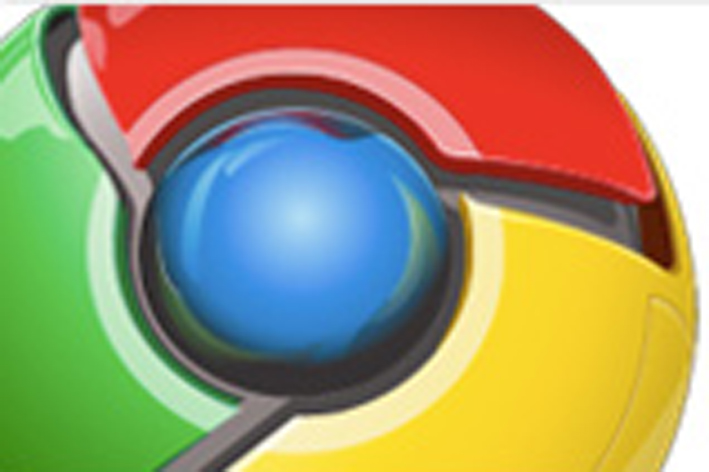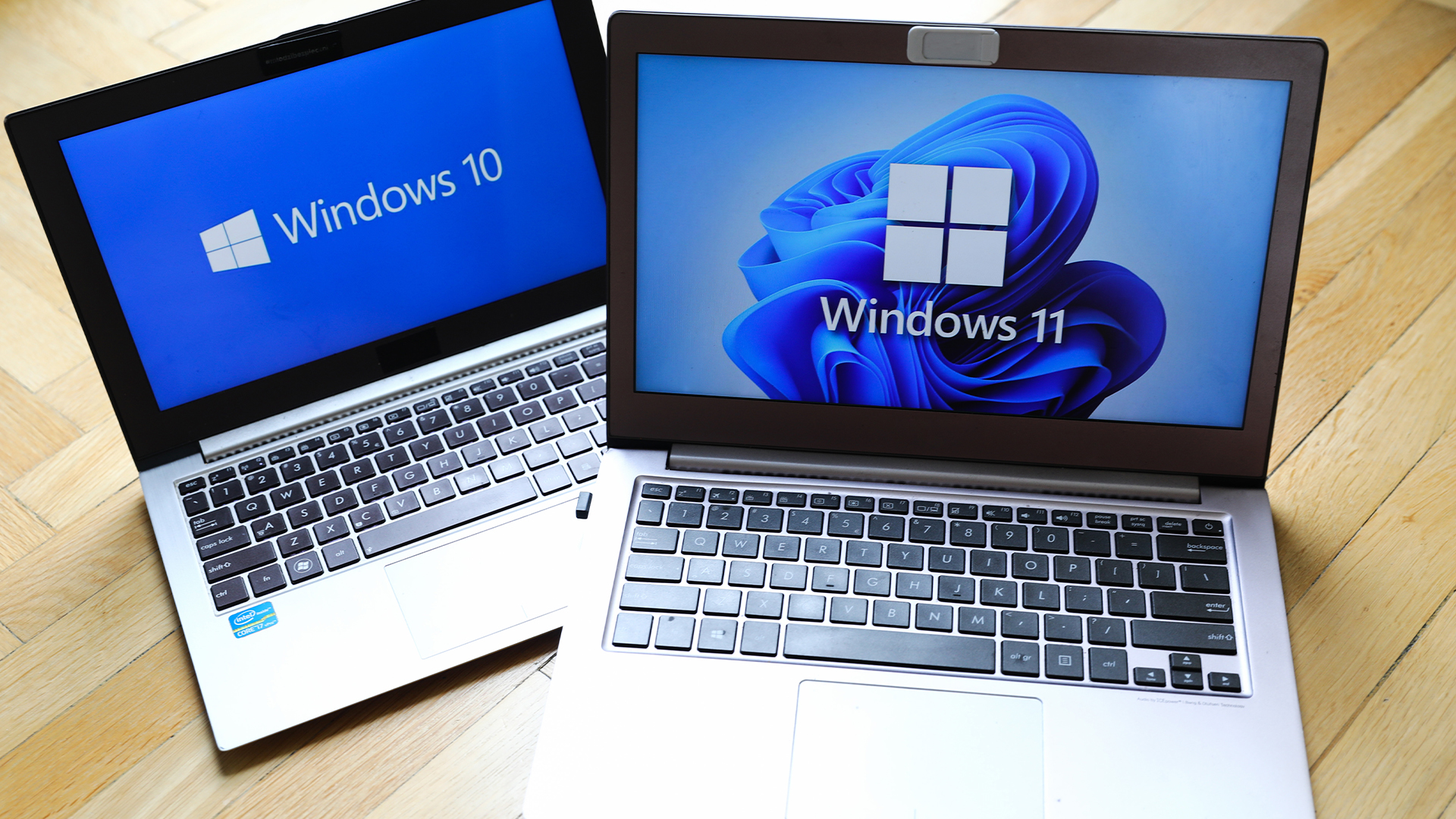Why is Google Chrome targeting netbooks?
Google may be looking to get its foot in the door with netbooks before taking Microsoft in the desktop market, an analyst has said.


Google is targeting netbooks with it's newly announced Chrome operating system, promising devices using the OS by the second quarter of next year. But why the focus on the cheap and cheerful form factor?
The timing puts Chrome right up against Microsoft's next gen operating system Windows 7, which is due later in October with a netbook-friendly version.
Forrester analyst Paul Jackson told IT PRO that Google is looking to directly compete with Windows 7 hence the timing of the announcement.
Chrome's code isn't set for release for another few months, yet Google chose to make the announcement now, just ahead of Windows 7's arrival. "It's a bit of a coincidence that we're three months from Windows 7," Jackson said, noting the OS was rumoured for years yet the news still came as a surprise.
Google said the first version of the Chrome OS will focus on netbooks for a few good reasons.
"One is that, at the moment, those are the category that are selling," Jackson said, saying the volume will help push the OS.
As well, rumours have been circulating that a netbook featuring Google's mobile operating system Android would be released, showing some level of desire, he said. As well, some hobbyist "hackers" have been using Android on such devices.
Sign up today and you will receive a free copy of our Future Focus 2025 report - the leading guidance on AI, cybersecurity and other IT challenges as per 700+ senior executives
But it's not those hobbyists who Google needs to convince it's the everyday, "real" consumers. "They're going to take some convincing," said Jackson, because they're so used to Windows and will be wary of change.
That could be one reason Google is looking at netbooks. The devices tend to be bought as a second or even third computer. Jackson said consumers might be more likely to try something new on a a device other than their primary computer, and once they've tried it, they could be more willing to accept a Google OS on a primary device in the future.
Indeed, Jackson suggested Google could be using netbooks as a way of getting their foot in consumer's doors. They're looking to grow the install base on netbooks before taking on Microsoft in other spaces.
While this likely means Chrome won't take a huge share of the market immediately, it could be a bigger rival to Microsoft in the long term, especially after a few PC replacement cycles have passed.
Jackson also said Google is right to focus on netbooks as they are primarily a consumer device and to Microsoft's benefit, it lacks credibility in that market despite recent successes.
"I think Google obviously does struggle for credibility in that space to a degree, rightly or wrongly," Jackson said of the enterprise market. "This isn't necessarily going to change that."
Linux
Google's Chrome won't just hit Windows 7 on netbooks it'll hurt Linux based systems, too. Linux was hoped by many to be a strong rival to Windows on netbooks, as operating systems could be leaner and cheaper. But Microsoft has managed to dominate the netbook market too, with some shops pulling Linux-based netbooks from their shelves.
That could leave Chrome - with its Linux kernel - as the open source alternative. "It won't be branded as a Linux OS, but it will be the open source option," Jackson said.
He noted Chrome would have less of an affect on Apple, as it's consumers tend to focus on the hardware, rather than the operating system.
Freelance journalist Nicole Kobie first started writing for ITPro in 2007, with bylines in New Scientist, Wired, PC Pro and many more.
Nicole the author of a book about the history of technology, The Long History of the Future.
-
 Windows 10 extended support costs could top $7 billion
Windows 10 extended support costs could top $7 billionNews Enterprises sticking with Windows 10 after the October deadline face huge costs
-
 Tiny11 review: Windows 11 with only 2GB of RAM
Tiny11 review: Windows 11 with only 2GB of RAMReview A version of Windows 11 for older machines that don't meet the full requirements
-
 Red Hat Enterprise Linux becomes foundational operating system for Cohesity Data Cloud
Red Hat Enterprise Linux becomes foundational operating system for Cohesity Data CloudNews New strategic partnership between Red Hat and Cohesity aims to drive innovation in the data security and management space
-
 Ubuntu shifts to four-week update cycle
Ubuntu shifts to four-week update cycleNews Critical fixes will also come every two weeks, mitigating the issues involved with releasing prompt patches on the old three-week cadence
-
 AlmaLinux follows Oracle in ditching RHEL compatibility
AlmaLinux follows Oracle in ditching RHEL compatibilityNews Application binary compatibility is now the aim with 1:1 now dropped
-
 How big is the Windows 10 cliff-edge?
How big is the Windows 10 cliff-edge?ITPro Network With some comparing the upcoming Windows 10 end of life to Windows XP, we ask members of the ITPro Network for their insight
-
 Everything you need to know about the latest Windows 11 updates - from bug fixes to brand-new features
Everything you need to know about the latest Windows 11 updates - from bug fixes to brand-new featuresNews Two new cumulative updates are on the way and will be installed automatically on Windows 10 and Windows 11 machines
-
 How to download a Windows 11 ISO file and perform a clean install
How to download a Windows 11 ISO file and perform a clean installTutorial Use a Windows 11 ISO to install the operating system afresh


